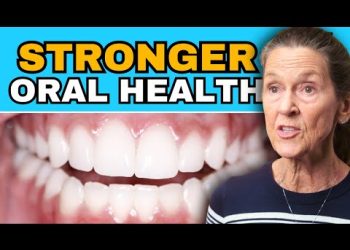Understanding Tooth Decay in Kids
Tooth decay is a common dental issue that affects children worldwide. It results from bacteria in the mouth transforming sugars from food into acids that wear down tooth enamel. If left untreated, it can lead to cavities, pain, and even tooth loss. Understanding how tooth decay develops is crucial in preventing it and ensuring the dental health of children.
The Importance of Oral Hygiene
Maintaining proper oral hygiene is the first line of defense against tooth decay. Encouraging children to brush their teeth twice a day using fluoride toothpaste can significantly reduce the risk of cavities. Additionally, teaching them to floss can help remove food particles and plaque from between the teeth, areas often missed by brushing.
Choose the Right Toothbrush
Selecting an appropriate toothbrush for children is vital. Kids should use a toothbrush with soft bristles to protect their gums and an easy-to-hold handle for effective brushing. Replacing the toothbrush every three to four months, or sooner if bristles are worn, improves cleaning efficiency.
Nutritional Choices Impact Oral Health
A balanced diet plays a pivotal role in preventing tooth decay. Limiting sugary snacks and drinks and opting for nutritious alternatives like fruits, vegetables, and dairy products supports healthy teeth. Parents should also be mindful of hidden sugars in processed foods, which contribute to tooth decay.
The Role of Fluoride
Fluoride is a mineral that fortifies tooth enamel and makes it more resistant to decay. Many communities have fluoridated water supplies, which is beneficial. Parents can also use fluoride-based dental care products and consult their dentist for additional fluoride treatments, especially if the local water supply is not fluoridated.
Regular Dental Check-Ups
Regular visits to the dentist are crucial for early detection and management of dental issues. Dentists can provide professional cleanings, assess the risk of tooth decay, and apply sealants or fluoride treatments if necessary. It is recommended that children see a dentist at least twice a year.
Managing Babies’ Oral Health
Even before children have teeth, keeping their mouths clean is important. Parents can gently wipe a baby’s gums with a clean cloth to remove bacteria. Once teeth emerge, brushing them lightly with a small, soft-bristled toothbrush is advisable.
Educate and Involve Kids
Educating children about the importance of dental health and involving them in their oral care routine can make a significant difference. Using fun educational materials or games can engage children and make them more willing participants in their dental care.
Addressing Dental Anxiety
Dental visits can be intimidating for children. Addressing any fears through positive reinforcement, explaining what to expect, and choosing a child-friendly dental practice can alleviate anxiety and create a comfortable experience for young patients.
Conclusion
Preventing tooth decay in kids requires a combination of good oral hygiene, healthy dietary choices, regular dental visits, and positive dental habits. By educating and involving children in their dental care, parents can foster long-lasting habits that lead to strong, healthy teeth.











